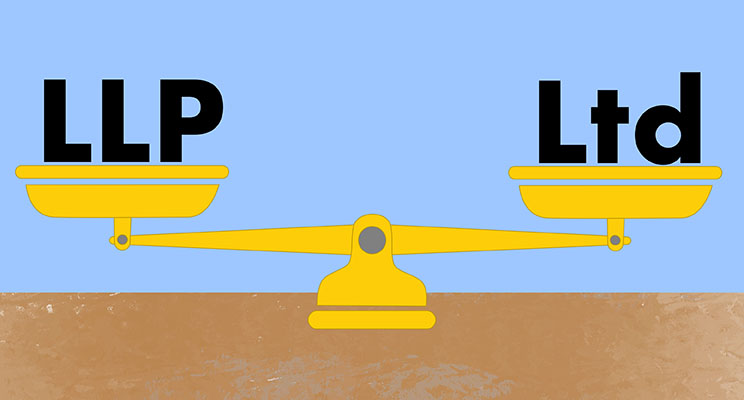-
By juan
- In Uncategorized
TYPES OF COMPANY IN THE UK
This article lists the most common types of company in the UK together with a brief description of their main characteristics.
Please, bear in mind that this list of features only attempts to offer a general understanding of the main legal forms.

Contents
1 Sole Trader
2 Partnership
3 Limited Company
3.1 Private Limited Company (Ltd)
3.2 Public Limited Company
4 Other types of companies in the UK
5 Recommendations
1 Sole Trader
Among the types of company in the UK, this is the simplest. It is the most flexible legal form. It requires little administrative paperwork and the business structure can be changed at any time.
Its essential feature is that it is not necessary to form a partnership or set up a company to create the business. The Sole Trader is the sole owner.
Thus, they have absolute authority over decision-making and all the income belongs to them.
In the same way, their liability is unlimited, as their personal assets are not separate from the legal entity. And they will be liable for any potential debts with all their present and future assets.
2 Partnership
There are three types of company in the UK with this form and two or more people are needed to set them up.
The simplest type is the General Partnership. In this form two or more partners share the management and the profits, and have unlimited liability.
As with the Sole Trader, no new legal entity is created and the activity is carried out with the legal capacity of the partners.
The second type is the limited partnership (LP). At least one partner has unlimited liability, while the others have liability limited to the amount each has contributed.
Finally, in this section, there is the Limited Liability Partnership (LLP).
It is similar to a Limited Company, since all the partners have limited liability. But it differs from the previous two types because it has the structure of a corporation.
3 Limited Company
This is the most common legal form. The company acquires its own legal entity, clearly differentiated from its members. The partners have their liability limited to the contributions they make.
Therefore, this risk-restricting characteristic makes this legal form so attractive. Thats becasue it protects the personal assets of the participants from any potential debts the company may accumulate.
Furthermore, a Limited Company can apply for loans in the name of the company. Besides, its shareholders can sell or transfer their shares, which facilitates changes in ownership.
However, they have more obligations than a Sole Trader or a Partnership. They must keep accurate accounting records, and submit annual accounts.
3.1 Private Limited Company (Ltd)
This is the most common form for small and medium-sized companies and is similar to a Limited Company.
Although the shareholders can sell their shares, there are restrictions in this sense.
Thus, they tend to be controlled by a few shareholders who have a close commercial relationship with each other and pursue the same objectives.
3.2 Public Limited Company (PLC)
Public Limited Company is characterised by the fact that its shares are not registered, as is the case with a limited company. Thus, can be sold to the public and traded.
As you can imagine, the large companies are the ones that adopt this legal form. They have to be listed on the stock exchange, in this case the London Stock Exchange.
4 Other Types of Company in the UK
Although we already have presented the most common types of company , there are other legal forms, such as the Community Interest Company (CIC).
This type is designed for companies with a social impact, and the Charitable Incorporated Organisation (CIO), which is a structure designed for charities.
5 Recommendations
All the information we already have provide here intends to give you an initial impression of the type of company in the UK that your company could adopt.
We recommend consulting companies specialised in advising business owners and entrepreneurs on establishing themselves in the United Kingdom.